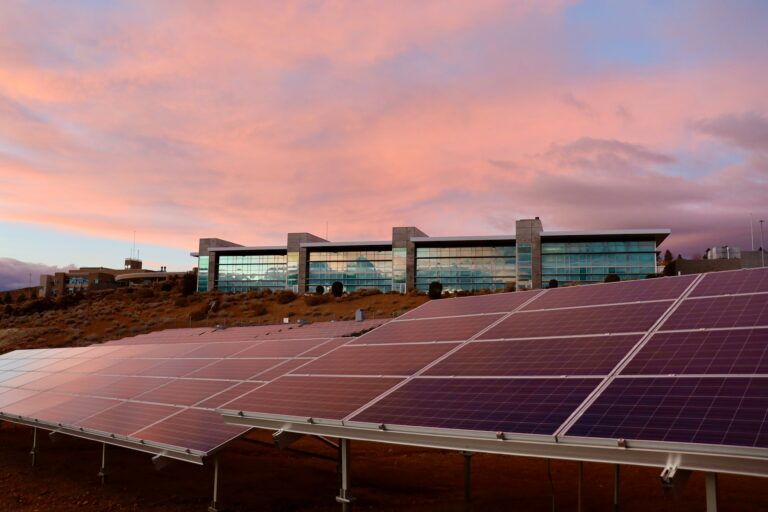Green Building: The Myths and Beneficials.
As our world grapples with the challenges of climate change and environmental degradation, the concept of green building has emerged as a beacon of hope for sustainable development. Originating from a growing awareness of the environmental impacts of construction, green building practices have evolved to redefine the way we design, construct, and operate buildings.
Green building traces its roots back to the energy crises of the 1970s when concerns about energy efficiency and resource depletion gained prominence. Architects and builders began exploring ways to minimize energy consumption and reduce waste in building construction and operation. Over time, this movement expanded to encompass a broader spectrum of environmental considerations, including water conservation, indoor air quality, and material sourcing.
Today, green building is a holistic approach to construction that prioritizes environmental responsibility, resource efficiency, and occupant health and comfort. It involves integrating sustainable design principles, renewable energy technologies, and environmentally friendly materials to create buildings that are both eco-friendly and economically viable.
Despite its many benefits, green building often faces misconceptions, with one of the most prevalent myths being its perceived high cost. While it’s true that some green building practices may involve initial investment, numerous studies have shown that the long-term savings far outweigh the upfront costs. Energy-efficient designs, for example, can significantly reduce utility bills over the lifespan of a building, leading to substantial financial returns for owners and occupants alike. By dispelling the myth of high costs, we can encourage more individuals and organizations to embrace green building design as a practical and sustainable choice.
The risks of not embracing green building practices are manifold and extend beyond mere financial considerations. From a marketing perspective, green buildings often command higher resale values and attract environmentally conscious tenants, thereby enhancing their marketability and competitiveness. Moreover, green buildings offer tangible benefits to occupants, such as improved air quality, natural daylighting, and thermal comfort, leading to greater productivity, health, and well-being. On a broader scale, the environmental impacts of conventional building practices, including carbon emissions, habitat destruction, and resource depletion, underscore the urgent need for sustainable alternatives.
One of the key mechanisms for recognizing and promoting green building practices is through certification programs. These voluntary initiatives assess buildings based on various sustainability criteria and provide formal recognition for meeting specific performance standards. Examples of widely recognized green building rating systems include LEED (Leadership in Energy and Environmental Design), BREEAM (Building Research Establishment Environmental Assessment Method), and Greenship in the Indonesian context. By pursuing certification, building owners demonstrate their commitment to sustainability and gain access to a range of benefits, including tax incentives, marketing advantages, and stakeholder recognition.
To navigate the complexities of green building certification and maximize its benefits, building owners are advised to enlist the expertise of green building consultants. These professionals specialize in sustainable design and construction practices and possess the technical knowledge and experience needed to guide projects towards certification success. Green building consultants play a crucial role in assessing project feasibility, developing sustainable strategies, coordinating with project teams, and ensuring compliance with certification requirements. By partnering with green building consultants, building owners can streamline the certification process, optimize resource utilization, and achieve their sustainability goals more effectively.
Earthouse is one of green building consultants that listen & serve your sustainability need. Let’s collaborate with us & get recognition and certification of your sustainable built environment.




